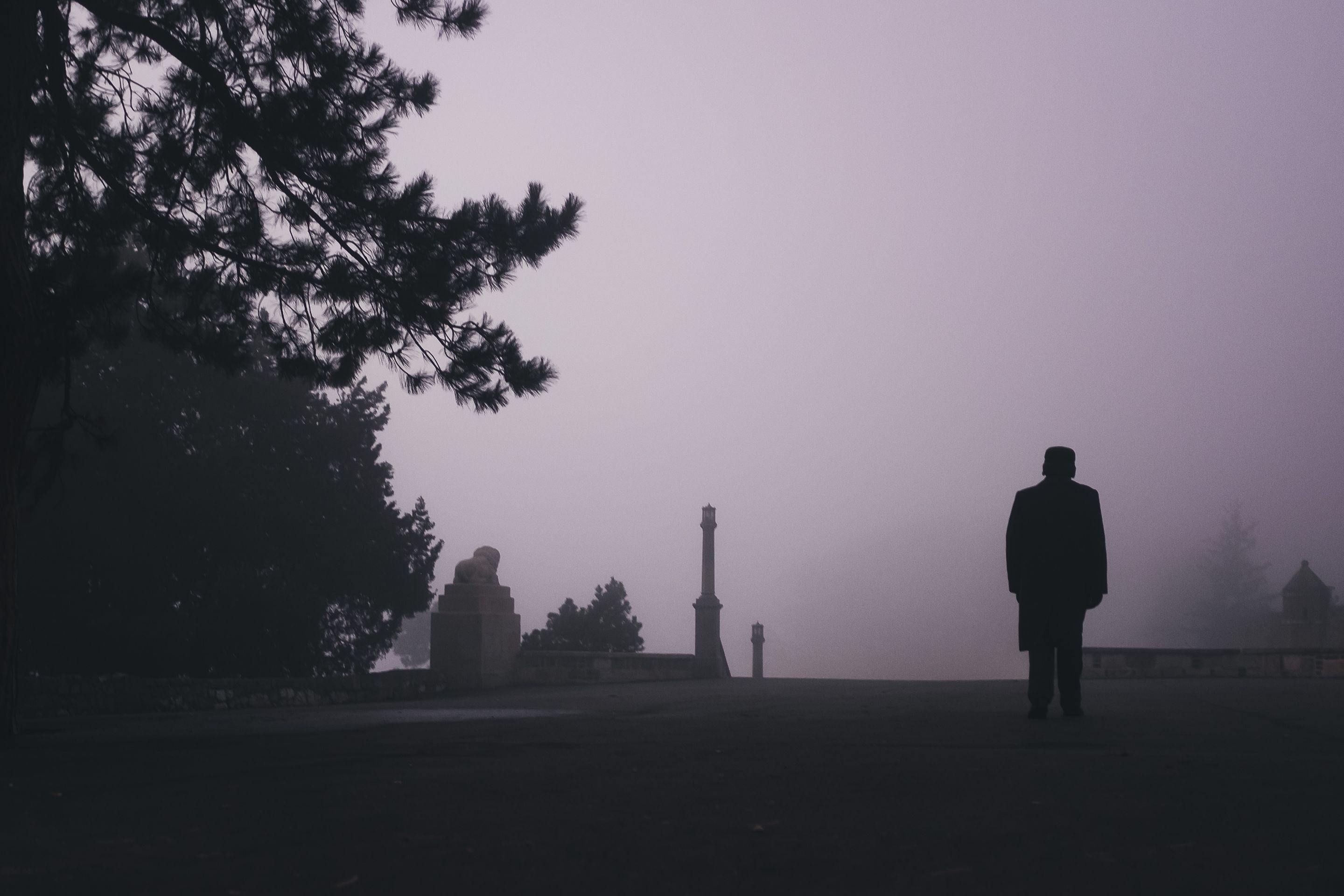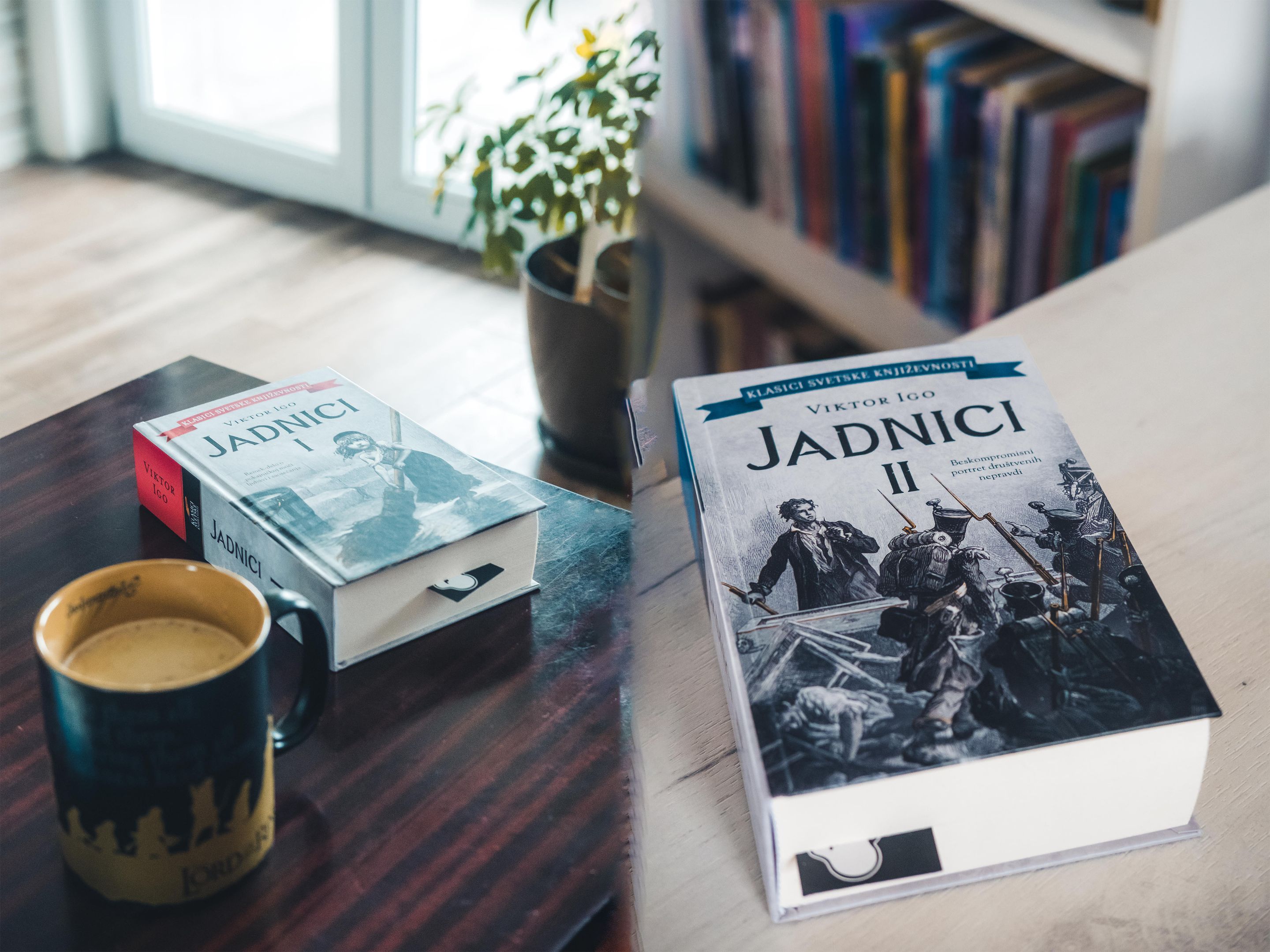“The pupil dilates in darkness and in the end finds light, just as the soul dilates in misfortune and in the end finds God.”
I've both longed for and feared this 1,500-page literary giant. After falling in love with The Hunchback of Notre Dame last year, it was only a matter of time before I ventured into Les Misérables, diving deeper into Victor Hugo's amazing world. It took me two months to complete at the start of the year, and I couldn’t be happier that I finally did!
This is a novel that leaves no one indifferent. You will either love it or struggle with it. If the book does not captivate you from the very beginning, if you do not fall in love with Hugo’s storytelling style at first sight, if the first significant digression from the main plot tests your patience — perhaps it is not yet the right time for you to embark on this literary journey. Spanning nearly 1,500 pages, Les Misérables demands full attention, dedication, and perseverance.
At its core, Les Misérables is a monumental saga of the persecuted, the impoverished, and the downtrodden. It is a novel that intertwines the destinies of vividly portrayed Parisians in remarkable ways. This book is at once a historical novel, a social critique, a love story, a collection of philosophical essays, and a poetic tribute to Paris and its people.
Hugo masterfully guides us through the lives of unforgettable characters: the fugitive convict Jean Valjean, the fearless and rebellious street children symbolizing the unbreakable spirit of Paris, the idealistic student revolutionaries, and an array of tragic yet humor-laden figures. Through their intertwined fates, Hugo paints a vast panorama of society, where different realities, struggles, and injustices merge into a grander picture. This is ultimately a story of light in darkness, of unwavering resilience against social injustices, and of inner battles that define human nature.
“Penetrate, at certain hours, past the livid face of a human being who is engaged in reflection, and look behind, gaze into that soul, gaze into that obscurity. There, beneath that external silence, battles of giants, like those recorded in Homer, are in progress; skirmishes of dragons and hydras and swarms of phantoms, as in Milton; visionary circles, as in Dante. What a solemn thing is this infinity which every man bears within him.”
It is a long and intricate journey where characters are gradually introduced, sometimes seeming unrelated to the central plot—until their paths unexpectedly intertwine in meaningful ways. At the heart of it all is Jean Valjean, a man who spent 19 years in prison for stealing a loaf of bread. Even after his release, he remains shackled by his past, unable to live in peace. Forced to conceal his identity and constantly look over his shoulder, he embarks on a profound spiritual transformation, yet is continually faced with agonizing moral dilemmas.
Hugo’s versatility and literary prowess shine through every sentence. He meticulously captures political climates and historical moments, often with an intensity and depth that some may find overwhelming. His depictions of Parisian streets are palpable, but his greatest strength lies in his exploration of the human soul and human nature. In The Hunchback of Notre Dame, Hugo created an almost fairy-tale-like setting, populated by grotesque characters largely stripped of human virtues—but that was fitting, as the true protagonists were the cathedral and the city of Paris itself. In Les Misérables, however, the focus shifts entirely to the human soul — its struggles, its yearnings, and its defiant spirit in the face of injustice.

“The mind's eye can nowhere find anything more dazzling nor more dark than in man; it can fix itself upon nothing which is more awful, more complex, more mysterious, or more infinite. There is one spectacle grander than the sea, that is the sky; there is one spectacle grander than the sky, that is the interior of the soul.”
Les Misérables is not merely a novel — it is a force of nature. It pulses with life, demanding to be felt as much as it is read. It does not simply tell a story; it compels reflection, stirs the soul, and leaves an indelible mark on those who dare to embark on the journey.

